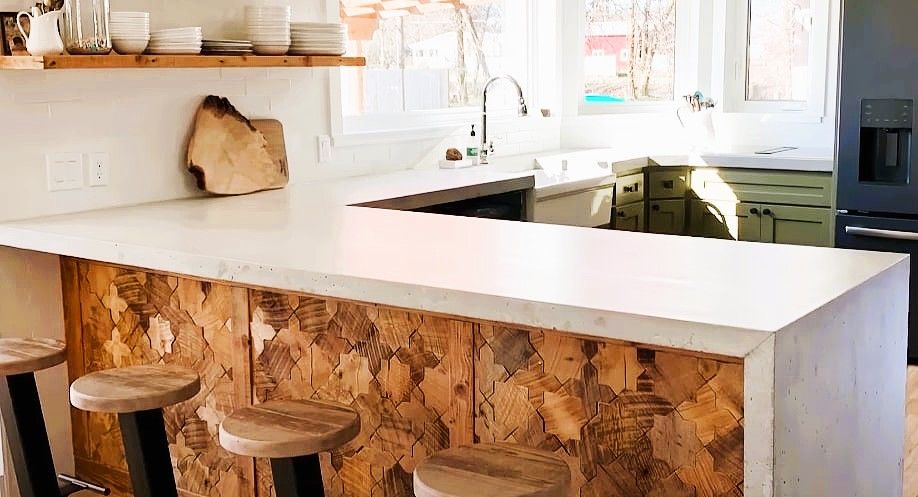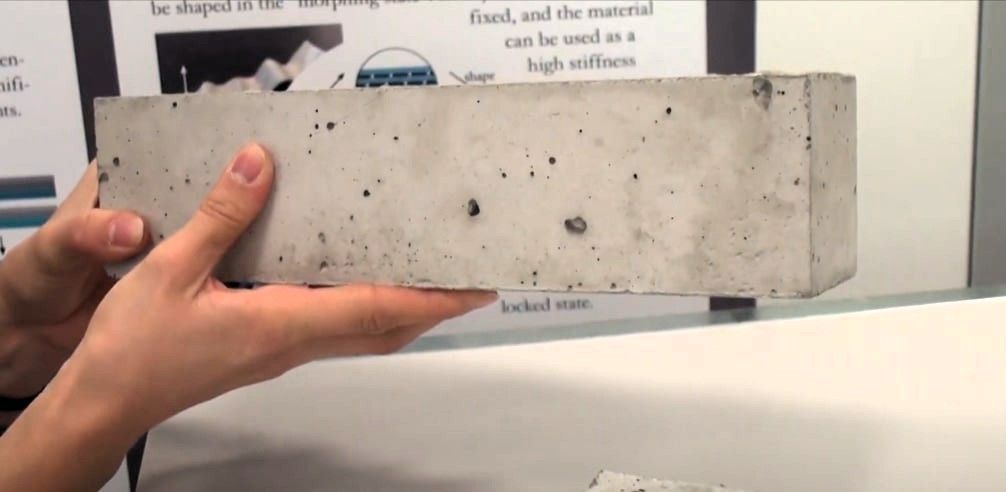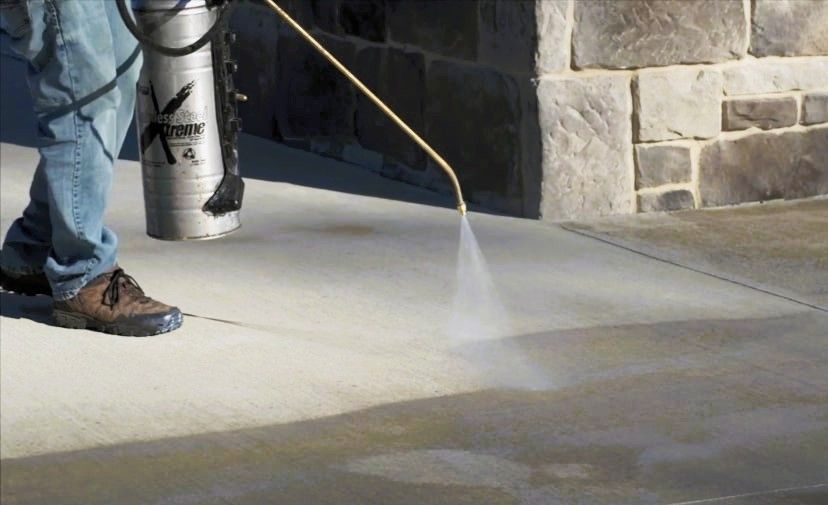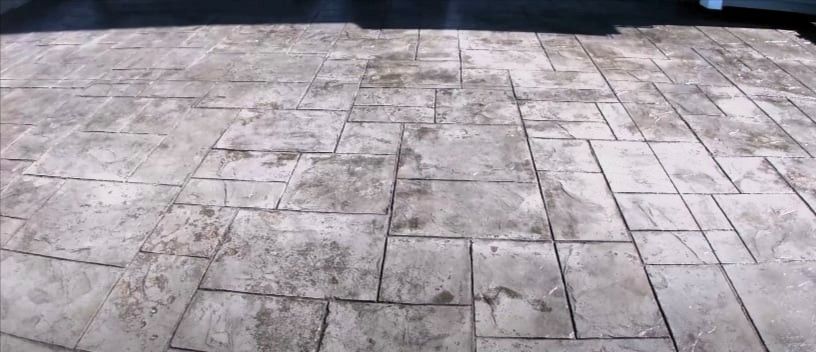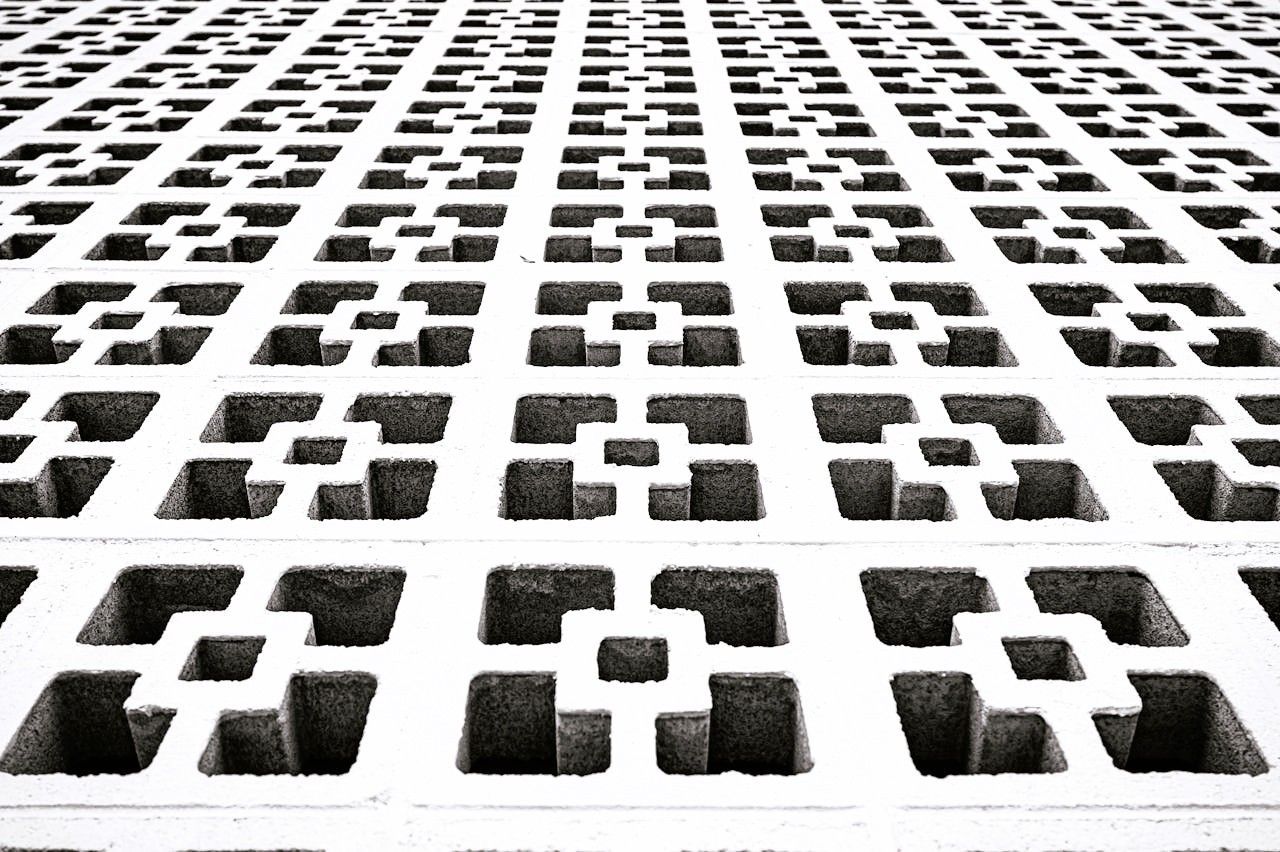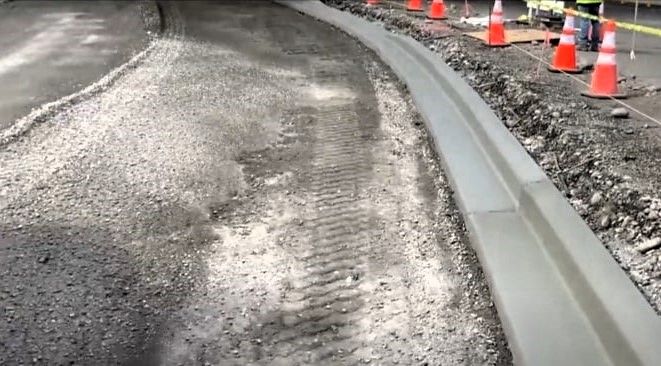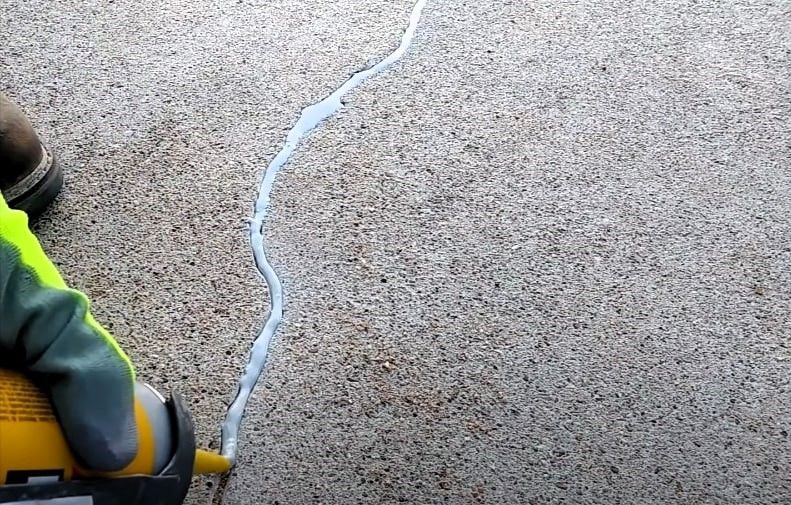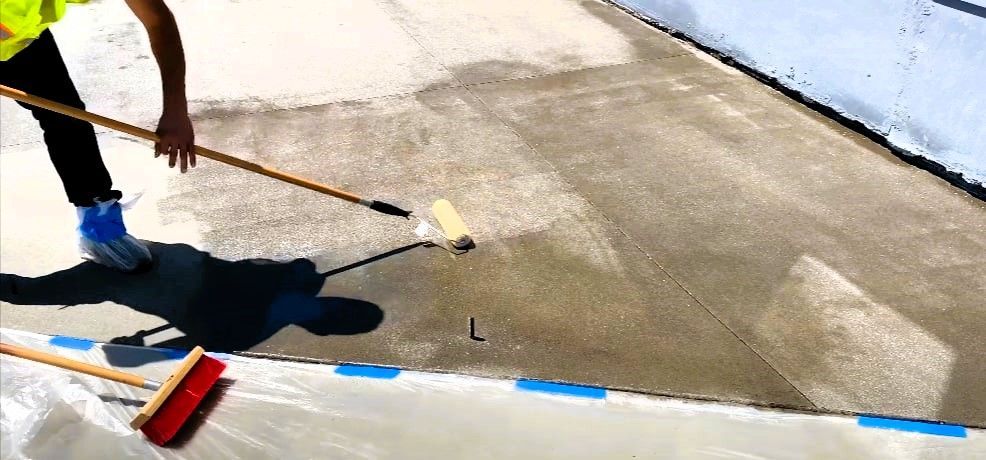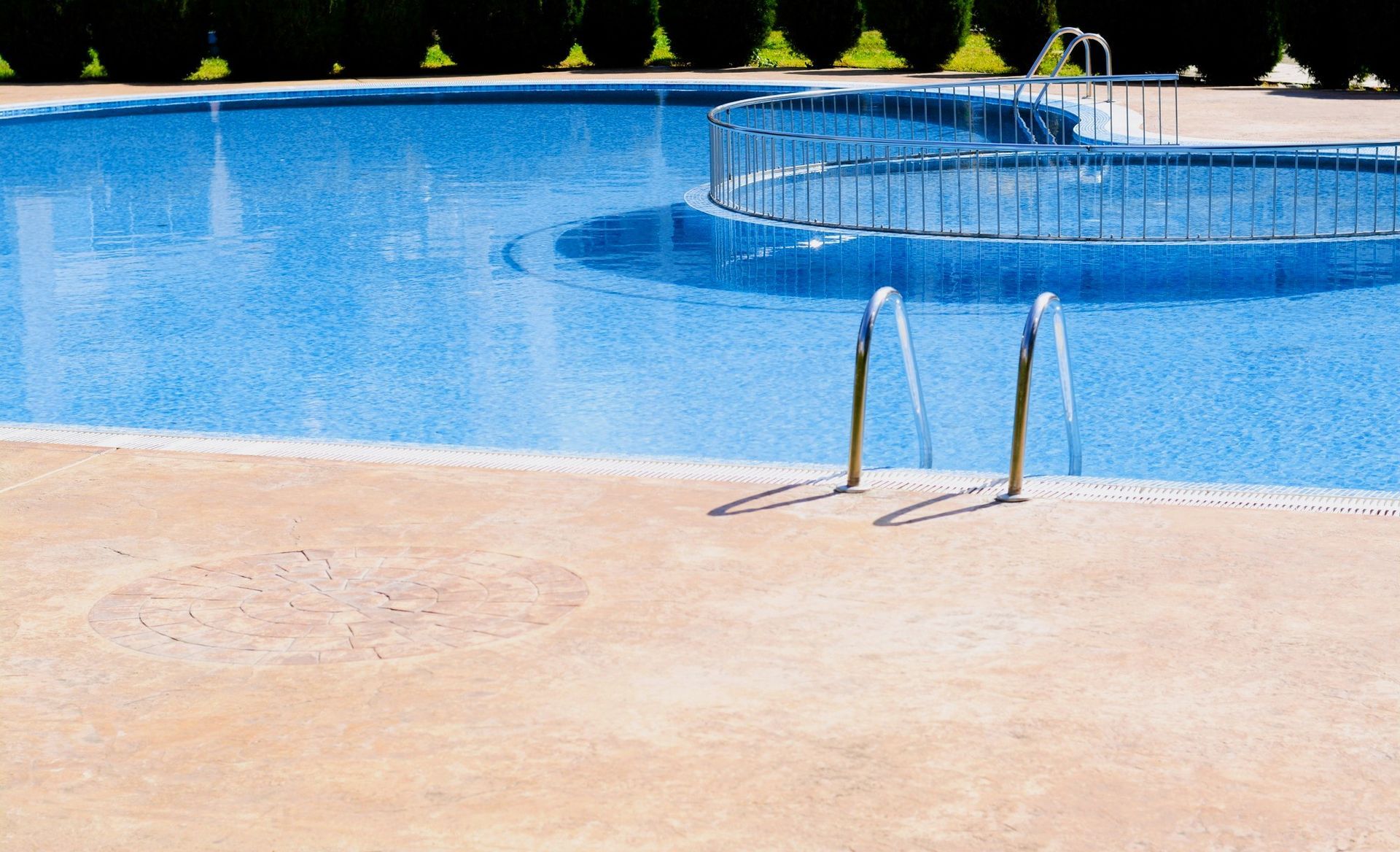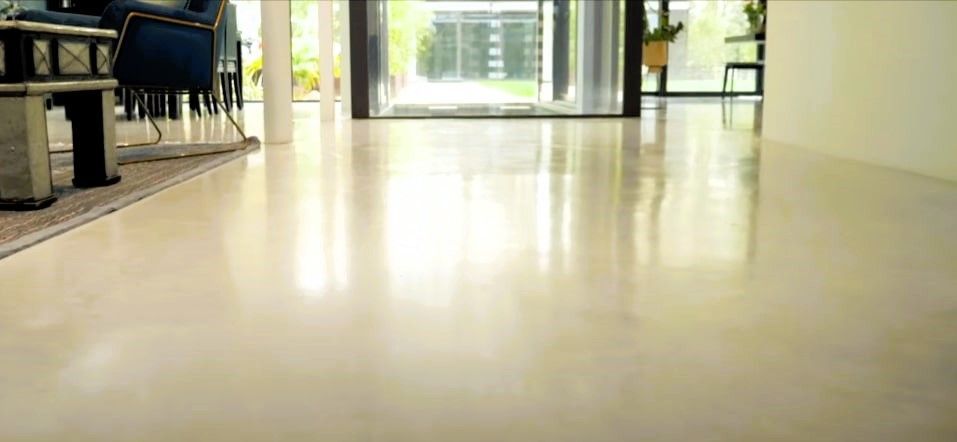Understanding the Pros and Cons of Concrete Driveways
A comprehensive guide to making the right choice for your home!
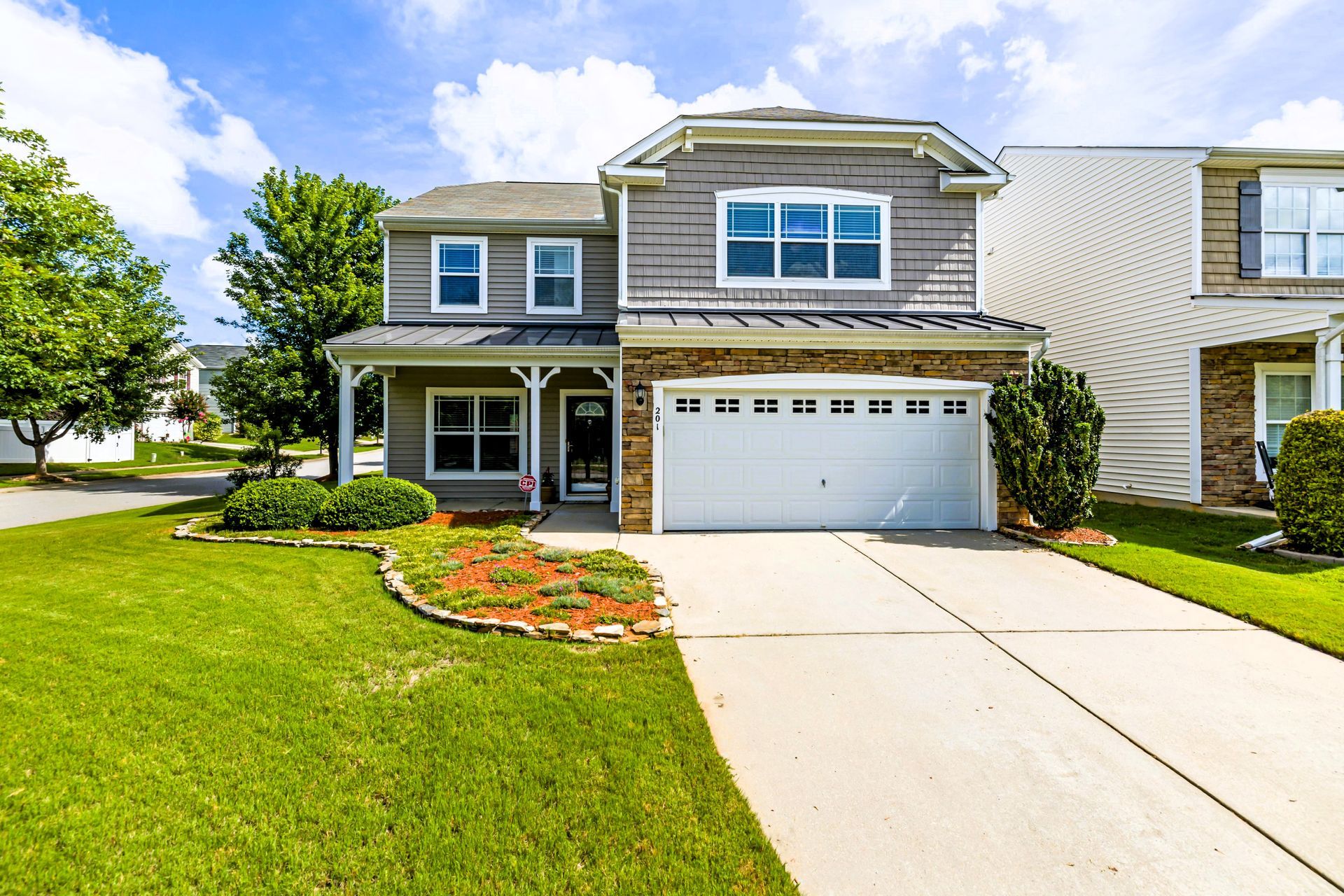
Image Source
If you're looking to improve your driveway, concrete could be a good option to think about. Concrete driveways are popular because they're tough and offer flexibility in how they look. But before you decide, it's important to know both the good and not-so-good sides of choosing concrete.
So, what exactly is a concrete driveway?
Basically, it's a surface made by mixing cement and small rocks, then pouring it onto your driveway in the style you want. While most folks think of concrete for driveways, it's actually versatile enough for sidewalks, patios, and more.
Now, let's take a closer look at the advantages and disadvantages:
Pros of a Concrete Driveway
- Long-lasting: Concrete driveways are built to last, requiring minimal maintenance to keep them in good shape.
- Easy upkeep: Unlike some other materials, concrete doesn't need much attention—regular sweeping and occasional rinsing are usually enough to keep it looking nice.
- Customizable: You can tailor your concrete driveway to suit your taste, choosing the size, shape, and color that best fits your home's style.
- Budget-friendly: Concrete might seem pricey at first, but it's a wise choice in the long run. It's super durable, meaning you won't need to replace it as often, saving you time and money over time.
- Sturdy: Concrete can handle various weather conditions and heavy traffic, ensuring it remains intact for years.
- Simple repairs: If your concrete driveway sustains minor damage, you can usually fix it yourself without much hassle.
Cons of a Concrete Driveway
- Initial cost: Installing a concrete driveway can be pricier upfront compared to other options, affecting your immediate budget.
- Installation complexity: Putting in concrete can be tricky, so it's best left to the experts. Although hiring a professional may be pricier, it guarantees that the work is done correctly.
- Heavy material: Concrete's weight can pose challenges if you ever need to relocate it, requiring careful planning.
- Cracking concerns: In colder climates, concrete is prone to cracking, which may require extra precautions to prevent and address.
- Slippery when wet: Watch out for slippery surfaces when it's wet outside, especially with concrete. It can get really slick and cause accidents. You can make your floors safer by applying a sealant. This will help prevent them from being too slippery.
Simple Tips to Maintain Your Concrete Driveway:
- Regularly sweep away dirt and leaves to prevent buildup.
- When it looks dirty, give it a good hose down to keep it looking fresh.
- Every few years, apply a new coat of sealant to protect it from weather damage.
- Don't ignore cracks or chips – fix them promptly to avoid bigger issues down the road.
So, is a concrete driveway the best option for your home?
Selecting the right driveway boils down to what matters most to you and what aligns with your budget. Weigh the positives and negatives. If concrete seems like the way to go, it's crucial to conduct thorough research to find a reputable contractor who can handle the job with expertise.
Eager about the notion of a concrete driveway?
Get in touch with our team at Holland Custom Concrete. We're well-versed in our field, and we'll walk you through every step of the process, from initial planning to the finishing touches. We'll ensure that your driveway not only boasts an impressive appearance but also durability.
With these insights and our professional guidance, you'll soon have a stunning driveway that elevates the curb appeal of your home for years to come.

